If you are an ideal, healthy, athlete and polite guy and if you go to church every Sunday, maybe this is your city. And if you are not, too.
Krakow, the second largest city in Poland and one of the most fashionable cities in Europe, had already hosted the World Volleyball Championship in 2014 and continuing this line of work, it will host the European Handball 2016 in Kraków Arena.
There is a curious combination in this city that considers as its the sport courts, the books and the Catholic faith in a spiritual fusion made for young people (only for certain young people, we should add).
So, Krakow is prepared to be the Capital of Youth 2016 and it is no strange knowing how its history was. For some time it is known as the capital of Divine Mercy -as the organizers explained- and it is also an important city in contemporary Catholicism.
A great character of Krakow was John Paul II, Pope Karol Józef Wojtyła, native from Lesser Poland (Wadowice) and archbishop of Krakow just before he became the first Polish pope.
Both the figure of the pope, who during the Cold War became an openness symbol for Soviet bloc countries, as the singular figure of Krakow, a city with free tradition that ended up being a communist productive link, were relevant in the Soviet fall and the evolution that Poland had with the advent of democracy. Two observer symbols of Polish civil society that managed to change as its neighboring countries in the recent history of Europe.
But this liberal Krakow had already silenced before the release of the Soviet army. We must not forget how this region of Poland was to be annexed and cleaned by the army of Hitler. The Nazi regime wanted Krakow to be entirely German finishing first with the Jewish inhabitants and then the Poles. In fact, in the operation Sonderaktion Krakau many academics were taken to concentration camps.
Indeed, the scene that best explains these years was the clean-up of Krakow ghetto in Shindler’s List.
Years later, after the war had finished and the People’s Republic of Poland was raised, Krakow created the Lenin Steelworks, a major production center that is now popularly known as Tadeusz Sendzimir Steelworks. Both civil claims of its employees and the aesthetics of this area of Nowa Hutta are essential to really know what the spirit of this city is and its urban identity.
With all these ingredients, Krakow carved out a very specific urban marketing these recent decades, to balance both visions that have exposed. On the one hand its tragic past and the other hand, its intentionally European future opening itself to the world.
Is it possible to create an image of a city open to the world by getting rid of a dark decades without falling into clichés of a more traditional Poland?
It is not only possible but necessary. Krakow has in Warsaw the capital of the country, but its goal is to be the national leader in the academic and cultural fields, differing from it and creating an authentic brand.
Thanks to be a World Heritage Site by Unesco since 1978 and a European Cultural Capital in 2000, with the arrival of the millennium, Krakow has been creating a highlighted city branding.
Currently the motto is “Krakow open city“ and one of its core values is to create fraternity among other sister cities: Curitiba, Kiev, Seville and Nanjing recently tightened ties with this Polish city.
Krakow’s cultural agenda is, as we say, vibrant and unique. It was also chosen as the most attractive tourist town in Europe in 2015 and it is one of the best destinations for outsourcing as ranked by Tholons.
The location of the city as a gateway between East and West, the quality of its trained workers and good price of its services make this a good example of a city to invest. With a great heritage, it is not surprising moreover, that such a beautiful city is well worth visiting.
This city branding is another clear example of overcoming, giving a modern image and urban identity not only differentiate other Central European cities that might be similar, but also the other major cities of the Polish country.
How is it possible that Krakow does not achieve excellence?
This beautiful city has a challenge ahead to actually be a completely open city. The Foundation for Tolerance of Krakow has spent years fighting for civil and social rights of the LGBT community and gender equality, and it is a clear example of “bridge” between diversity in Western European capitals and the other religious and traditional Poland.
Year after year, despite the conflicts they generate, this group aims to show the artistic and educational activities that are part of a minority (not a really minority) sector of the city, which also attracts attention from many other parts of the country and the continent.
It is not a perfect city but it is an open city. If there is a turning point and change to create a more tolerant society in Poland, this undoubtedly is Krakow.

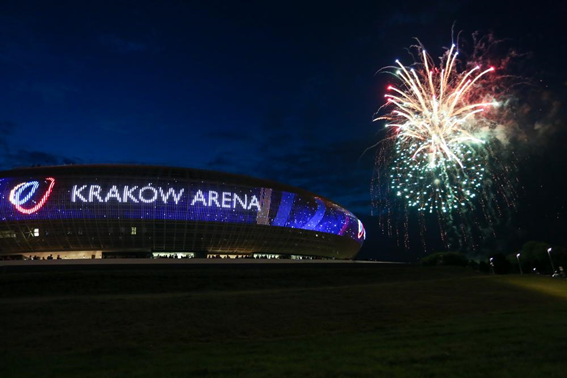
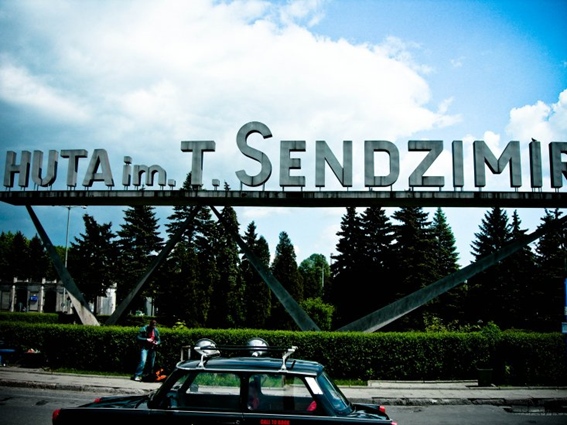
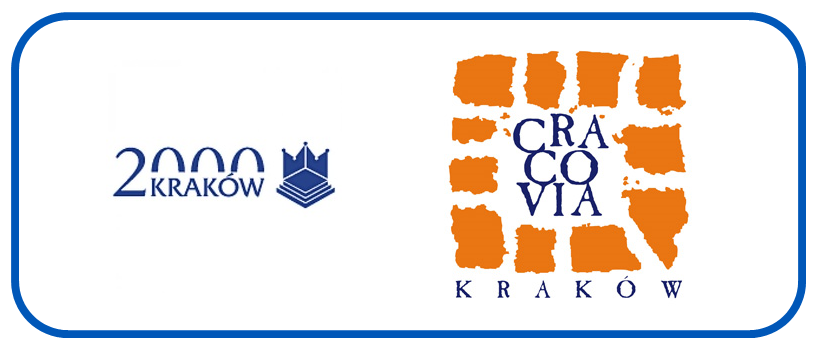
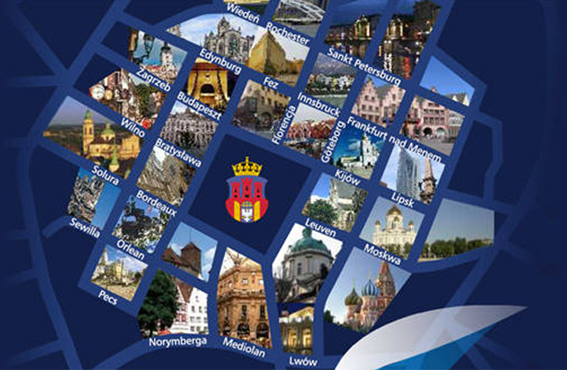
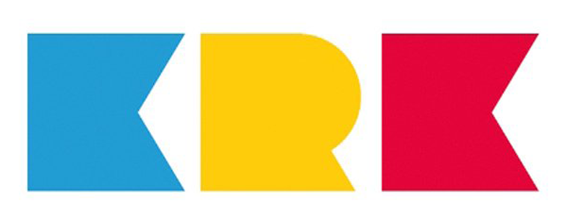
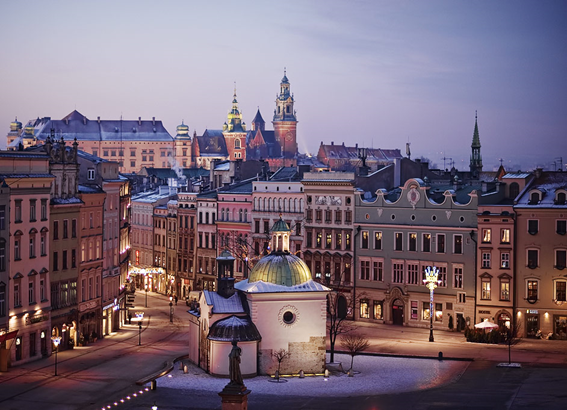
If you want more information about NGOs in Krakow check these activities http://www.kulturadlatolerancji.org/home/projects/
And enjoy Krakow too!!